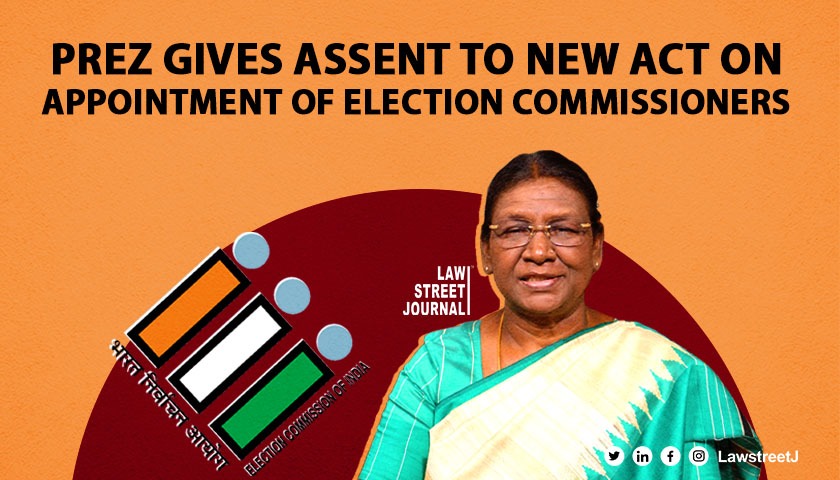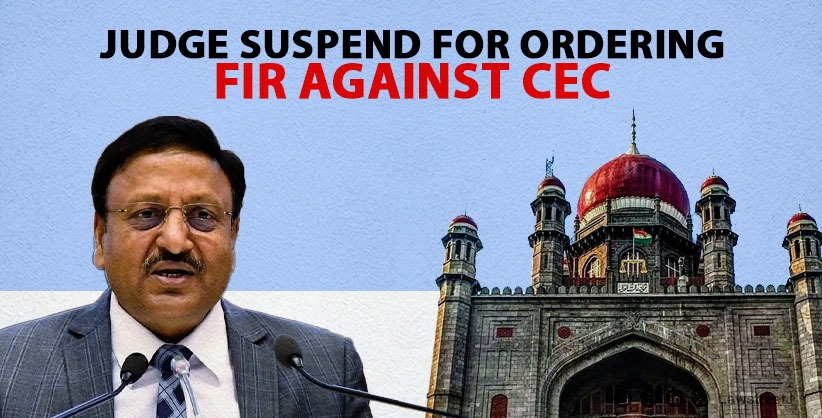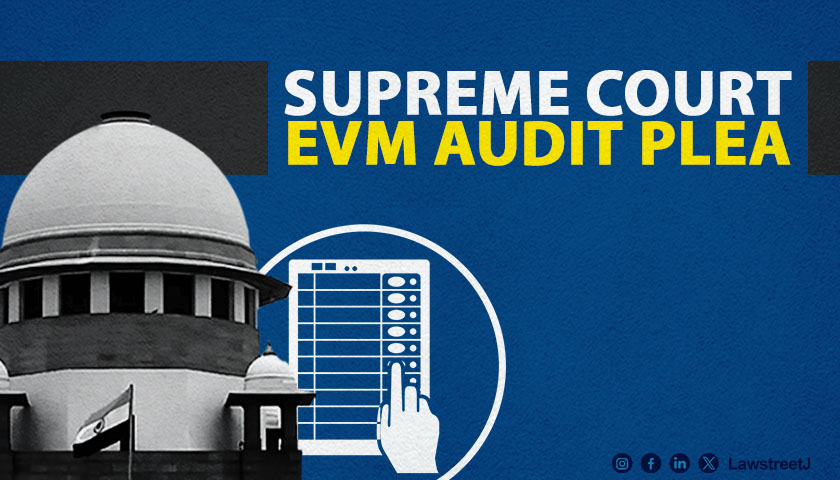NEW DELHI: The President of India has granted assent to the new Act passed this month to regulate the appointment, conditions of service and term of office of the Chief Election Commissioner and other Election Commissioners, the procedure for transaction of business by the Election Commission and for matters connected therewith.
The Act may be called the Chief Election Commissioner and other Election Commissioners (Appointment, Conditions of Service and Term of Office) Act, 2023.
The Law and Justice Ministry had notified the Act on December 28, 2023.
According to provisions of the Act, the Chief Election Commissioner and other Election Commissioners shall be appointed by the President on the recommendation of a Selection Committee consisting of(a) the Prime MinisterChairperson; (b) the Leader of Opposition in the House of the PeopleMember; (c) a Union Cabinet Minister to be nominated by the Prime MinisterMember.
This Bill (as it then was) had come under criticism for being directly in conflict with the Supreme Court's direction that the EC should be selected by a panel comprising the Prime Minister, the Leader of the Opposition, and the Chief Justice of India (CJI).
A five-judge Constitution bench of the Supreme Court in March, this year had unanimously ruled that a high-power committee consisting of the Prime Minister, Leader of Opposition in Lok Sabha, and the Chief Justice of India must pick the CEC and ECs.
However, the Court had then also said that this norm will continue to hold good till a law is made by the Parliament.
Apparently, the Supreme Court's judgement prevailed till the law was passed.
The Centre has now brought in the law, putting in place a new mechanism with the view of overturning the effect of the Courts verdict on the appointment of the CEC and ECs.
In its March 2 judgement, the Supreme Court had held, We declare that as far as appointment to the posts of Chief Election Commissioner and the Election Commissioners are concerned, the same shall be done by the President of India on the basis of the advice tendered by a Committee consisting of the Prime Minister of India, the Leader of the Opposition in the Lok Sabha and, in case, there is no such Leader, the Leader of the largest Party in the Opposition in the Lok Sabha having the largest numerical strength, and the Chief Justice of India.
The Court had also said, This norm will continue to hold good till a law is made by the Parliament.
In 2015, a PIL filed in SC challenged the constitutional validity of the practice of the Centre-appointed members of the Election Commission. A two-judge bench of the apex court in 2018, had referred the case to a larger bench since it required a close examination of Article 324 of the Constitution, which deals with the role of a CEC.
In its judgment, the Supreme Court had said, The Founding Fathers clearly contemplated a law by Parliament and did not intend the executive exclusively calling the shots in the matter of appointments to the Election Commission.






![SC Issues Notice to Centre on PIL by Ashwini Upadhyay to Debar Candidates From Contesting Polls on Framing of Charges [Read Petition]](/secure/uploads/2022/09/lj_1437_005ca7f1-c09c-4f29-8382-e746aa4dd230.jpg)

![Amicus curiae supports plea for permanent disqualification of convicted lawmakers [Read Report]](/secure/uploads/2023/09/lj_2142_39a30518-7616-4c47-8f64-5f81898860ae.jpg)





